Choosing The Best CMS For SEO
Whether you are a freelancer, SME or large enterprise, a content management system is an essential tool for managing your website content. But with so many options on the market, how do you know which one is best for SEO marketing needs? This can be a tricky decision as you need to consider who will be editing pages on the site, how often, and how you want the content formatted.
Some popular CMSs with wonderful features and nifty add-ons may sound great in theory, but they can cost you more traffic if they don’t play nicely with search engines. The key here is that you want to choose a safe option.
Table of Contents
What is a Content Management System (CMS)?
A content management system (CMS) is a set of tools that allows you to manage your website’s content. The CMS is the interface that will enable you to manage your website’s content, and it’s usually installed on the same server as your website.
CMS Platform Options
It’s easy to get overwhelmed by the number of CMS software options. There are over 100 popular CMS options, ranging from free, open-source systems like WordPress and Drupal to paid proprietary systems like Drupal Commerce. They all have unique features, strengths, and weaknesses, so it can be hard to identify which one is best for your needs.
When planning your website, choose a platform that matches your objective: You may want to host a simple blog or portfolio site (WordPress), create an e-commerce store with hundreds of products (Shopify) or launch an online course platform (Wiziq).
Next, look at each system’s features set to see which ones align with your goals:
- Does this system provide the features I need?
- Does it offer any plugins that could help my project reach its potential?
- Are there any limitations I should know about before making my decision?
If possible, contact existing customers who use this open-source CMS; they may be able to share valuable insights about working with the tool in practice.
Criteria for Choosing a CMS for Search Engine Optimization (SEO)
Ease of use
The ease of use of a content management system is important to consider when choosing one since it has a significant influence on your employees’ adoption rate and workflows. A good platform will be simple to use for all team members.
Assume that everyone from content marketers to engineers will be working in the CMS’s backend. In this case, you’ll need CMS features that simplify each of these to make it easy for each team member to perform their daily tasks. Look for a platform with a WYSIWYG editor to let editorial members easily produce and amend material and modules to help developers quickly implement custom code.
You should also select a CMS that makes it easy to install analytics tools. You can gain valuable insights into your website’s traffic and visitor behaviour through analytics. This data is crucial for improving and optimizing your website as well as helping you devise the best SEO strategy. Essentially, analytics provide you with the necessary information to develop and enhance your website’s performance.
You can check out our guide to lazy loading for better SEO performance.
Security
You require a platform that will protect your content, users, and front-end visitors. When comparing alternative options, evaluate what role the platform will play and what part you will play in securing your site:
- Do I have to back up my site manually?
- Should I update the software?
- Do I install security extensions?
- Should I invest in an SSL certificate?
These are only a few questions to consider when comparing CMS systems. If you don’t have the time or are unfamiliar with best practices for protecting your site, you need a platform with solid security policies, tools, and staff to keep your site safe for you.
A secure website is important for both Google as well as users, and it can affect your website’s ranking. Make sure your vendor provides an SSL certificate or purchase one separately to keep your website safe from hackers.
Scalability
Another excellent method for narrowing down content management systems (CMS) is to look at its current list of very successful clients, such as significant brands or competitors. If reputable businesses in comparable sectors as yours use a particular CMS, it might indicate that the platform’s capabilities are important and can develop with a growing company.
Even if you already use a CMS, you may feel that your existing tool isn’t meeting your needs or wish to keep up with CMS tactics used by other successful firms.
Affordability
Your budget influences almost every business choice you make. When it comes to your CMS, you want a system that fulfills your goals, the expectations of your visitors, and your budget.
Fortunately, many systems, such as HubSpot’s free CMS, have several levels of plans with resources that scale up at each pricing point. These upgrade options, like customization choices, imply that the CMS will be able to develop as your organization grows.
Support
While you may prefer the simplicity of use over customization, you’ll want a solution that provides both. CMS Hub, which has a lot of customization possibilities and versatility, will be able to adapt as your business grows.
When assessing a CMS, consider how much flexibility is incorporated into the dashboard, how many extensions, such as built-in SEO tools, should be accessible, and if you can alter the source code.
Most CMS platforms allow you to choose a pre-designed theme and tweak it around your brand if you need to establish a website with limited development capabilities. Many CMS platforms, however, enable coding possibilities if you hire a developer, allowing you to add more complicated features to your site.
Overall, it’s important to make sure that your CMS is set up in a way that allows you to easily address issues related to Core Web Vitals parameters. These parameters can have a significant impact on your website’s user experience, so it’s essential to be able to fix them quickly and efficiently.
Other than that, it’s crucial to pick a website platform that allows you to edit page elements, which helps with optimizing your website for search engines (SEO). Look for platforms that let you do the basics, such as adding meta tags, headings, custom URLs, and image alt text to save time and cost on coding it manually.
Our Final Thoughts
Choosing a CMS platform is one of the first steps toward improving your site’s SEO strategy. Ultimately, the CMS you choose should be determined by your personal preferences and how much time you want to spend managing your website.
The most popular CMS systems
According to the market share trends for CMS report by W3Techs, WordPress (63.3%) tops the list as a content-focused CMS system, followed by Shopify (5.5%), Wix (3.7%), Squarespace (3.1%), Joomla (2.7%), and Drupal (1.8%).
The best CMS for SEO
WordPress excels over the competition when paired with Yoast SEO plugins because of its speed, on-page SEO controls, and user-friendliness. However, if you intend to build an SEO-friendly e-commerce site, Shopify should be your first choice, followed by WooCommerce and Magento.
Check out our article on the pros and cons of SEO in 2023. You can also consult us about e-commerce marketing and content marketing for your website.
The best website builder platform for SEO
CMS systems like WordPress and Joomla are fully featured, but website builders like Wix, Squarespace, and GoDaddy are better suited to building websites. There is a greater degree of control over SEO fundamentals with Wix than with the other two platforms.
If you are unsure about picking the right CMS, you can consult with our SEO experts at Primal Malaysia, who will advise you on the best system for your needs. The right CMS can make a big difference in the success of your SEO campaign.
Contact Primal’s SEO agency in Kuala Lumpur so that our team of experienced professionals can help you determine the best system for your needs and guide you through the process of setting it up. You can also reach out to us for assistance regarding website migration.
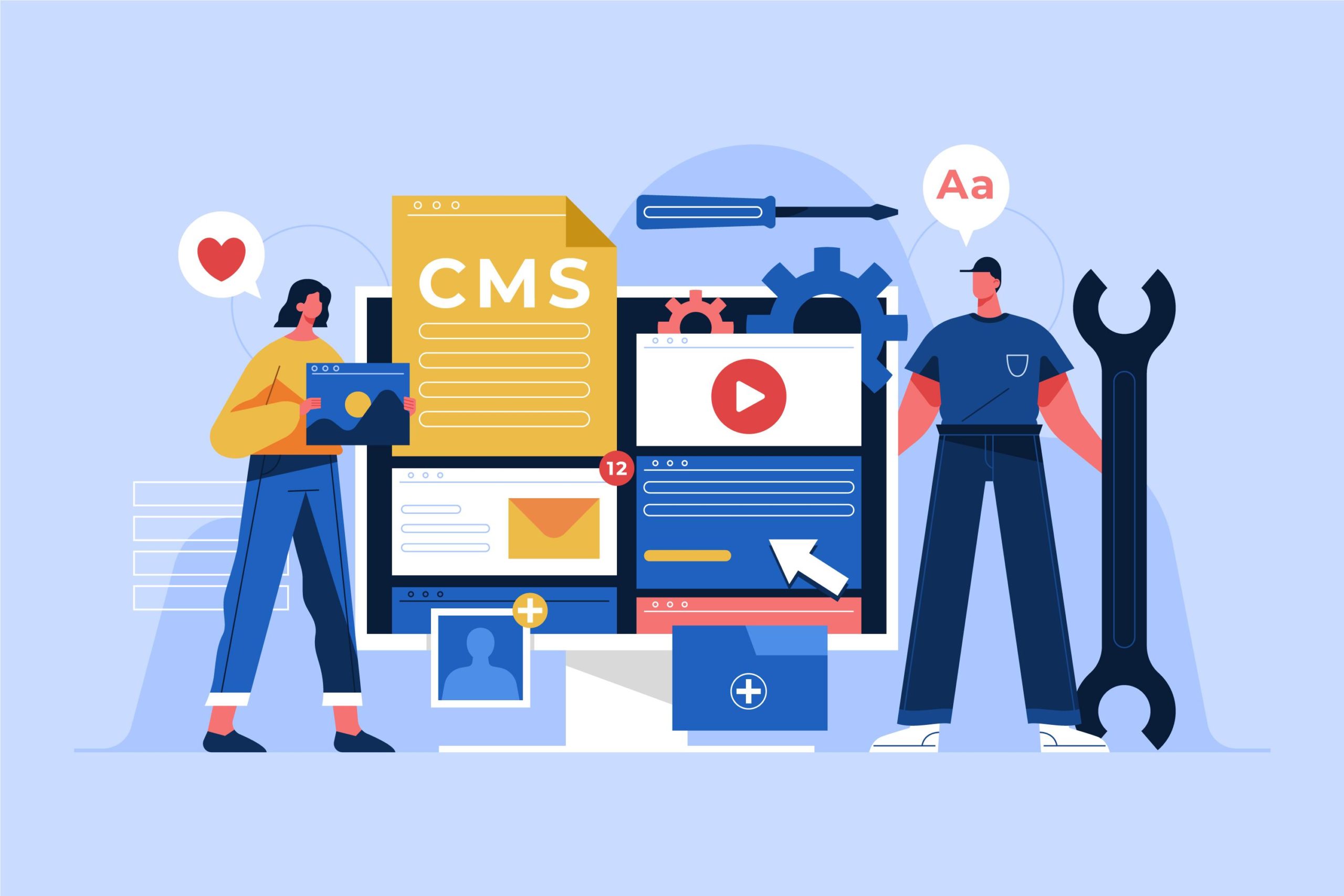






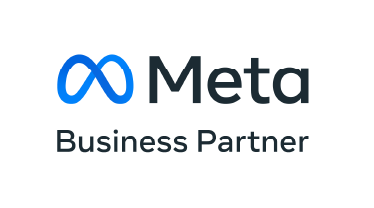

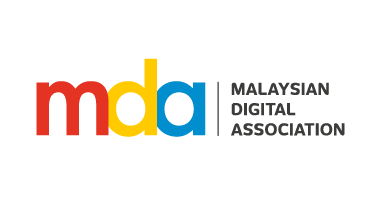
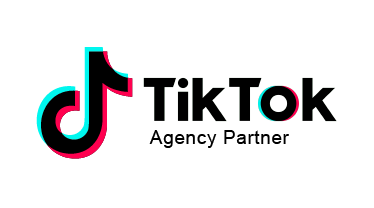

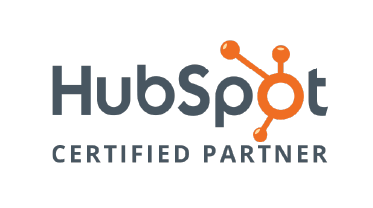



Join the discussion - 0 Comment